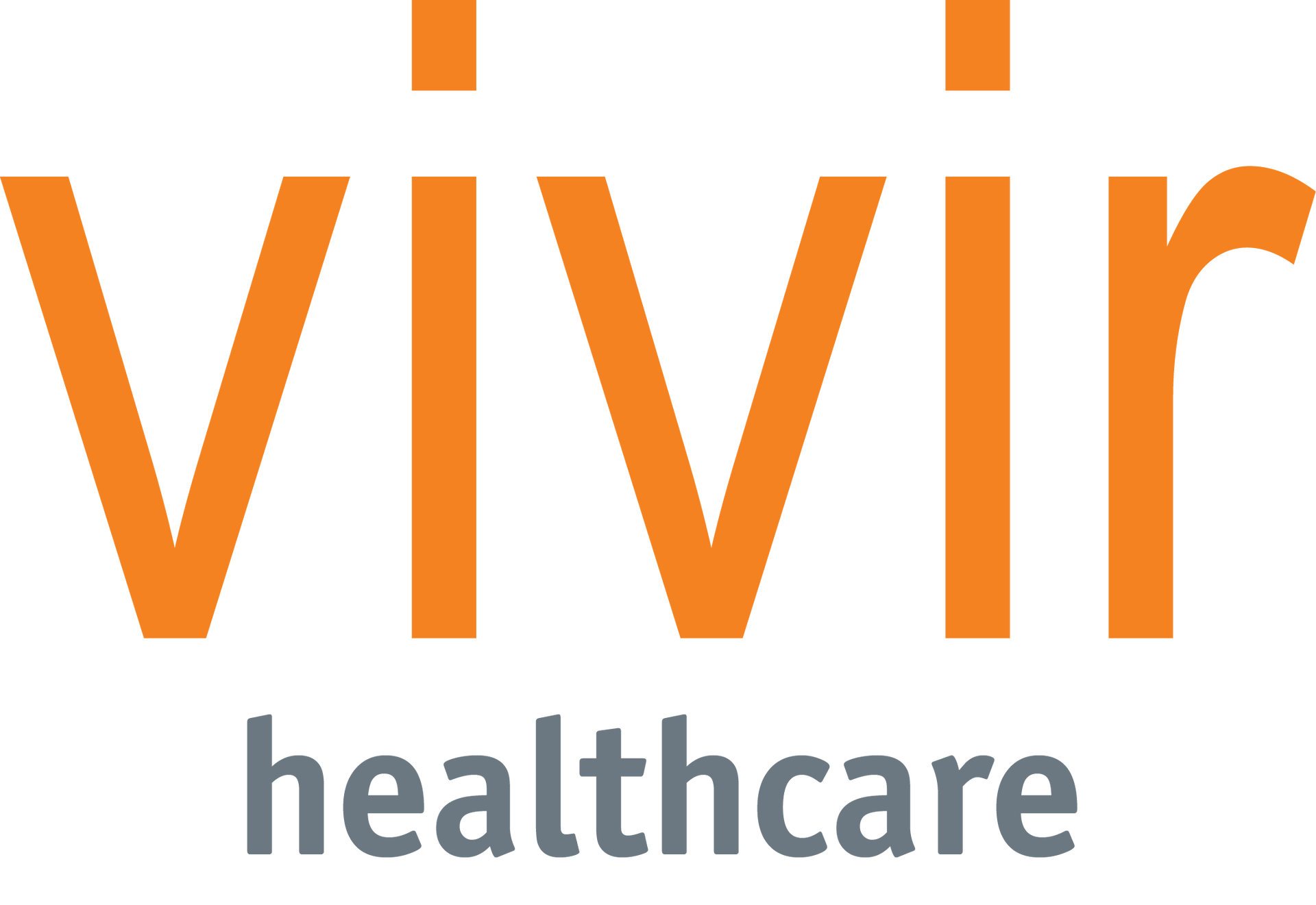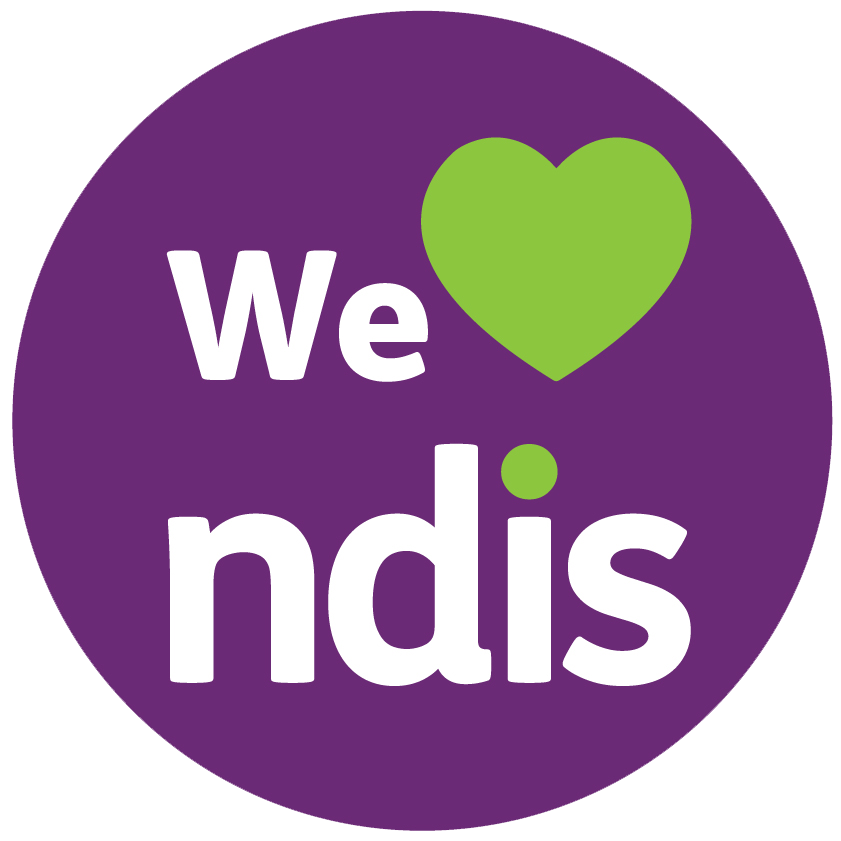Speech Pathology: much more than just words
Speech Pathology is the study, diagnosis, and treatment of communication disorders, including challenges with speaking, listening, language comprehension, reading, writing, social skills, stuttering and using the voice.
Speech pathologists, also known as speech therapists, work with individuals who have difficulty communicating due to developmental delays, stroke, brain injuries, learning disabilities, intellectual disability, cerebral palsy, dementia, hearing loss, and any other problems that can affect speech and language. People who struggle with eating and swallowing food and drink can also benefit from the assistance of a speech pathologist!
Speech pathology is an incredibly rewarding and varied area of allied health with speech pathologists working in hospitals, schools, residential aged care homes, and disability support services in the community.
We've put together some simple exercises commonly used by speech pathologists that you can try at home. These exercises work on mouth and tongue muscle control which are key elements to communication and speech improvement.
Tongue Up & Downs
Open your mouth and poke your tongue out. Stretch it up toward your nose and hold it for 2 seconds, then toward your chin and hold it for 2 seconds. Repeat these movements 10 times.
Tongue Side to Side
Open your mouth and poke your tongue out to touch the right side of your mouth. Hold this for 2 seconds. Then move your tongue to the left side of your mouth and hold for 2 seconds. Repeat these movements 10 times.
Tongue In & Outs
Poke your tongue out as far as you can. Hold this position for 2 seconds and move your tongue back into your mouth. Repeat this movement 10 times.
Breath control
Inhale your breath over the count of 4. Hold your breath to the count of 4. Exhale over the count of 4. Hold for the count of 4. Repeat this exercise 10 times.
Pucker Up
Start with your mouth in a relaxed position and then move your lips as though to make a kiss face (also known as duck face). Hold your lips like this for 2 seconds and relax your mouth. Repeat this movement 10 times.
Smile
Smile as wide as your cheeks can go and hold for 2 seconds. Relax your mouth for 2 seconds. Repeat this movement 10 times. It can be beneficial to do this exercise in front of a mirror to monitor progress.
Consonants & Vowels
If you are having problems with one consonant, particularly post stroke when /r/ and /t/ can become quite difficult, try pairing this sound with your vowels and saying them out loud. For example, ra, re, ri, ro, ru, or ta, te, ti, to, tu. Repeat this 10 times.
Read Out Loud
A great way to practice and improve speech is to real aloud. This can include reading anything from text messages and emails out loud, to reading a book out loud.
Word Repetition
A simple way to practice problematic words is to repeat them as much as possible to increase muscle memory and your ability to pronounce them correctly. When you come across a word you struggle with, try repeating it several times and make a note of it to practice repeating later.
Converse
The best way to practice your speech is to use it! Have conversations with friends, family, and even strangers to increase your confidence with speaking. If you’re self-conscious, start small, and work your way up to longer, and more focused conversations.
While these exercises are safe to do at home, we recommend individuals work with a qualified speech pathologist to develop a care plan specific to their needs with exercises tailored to overcoming their determined obstacles. If you’re interested in discussing the services we provide at Vivir, please don’t hesitate to contact us.
If you’re a speech pathologist looking for a rewarding career with a quality provider of allied health services, committed to making lives better, we’d love to hear from you! Head to our jobs page for the roles we are currently hiring for.








